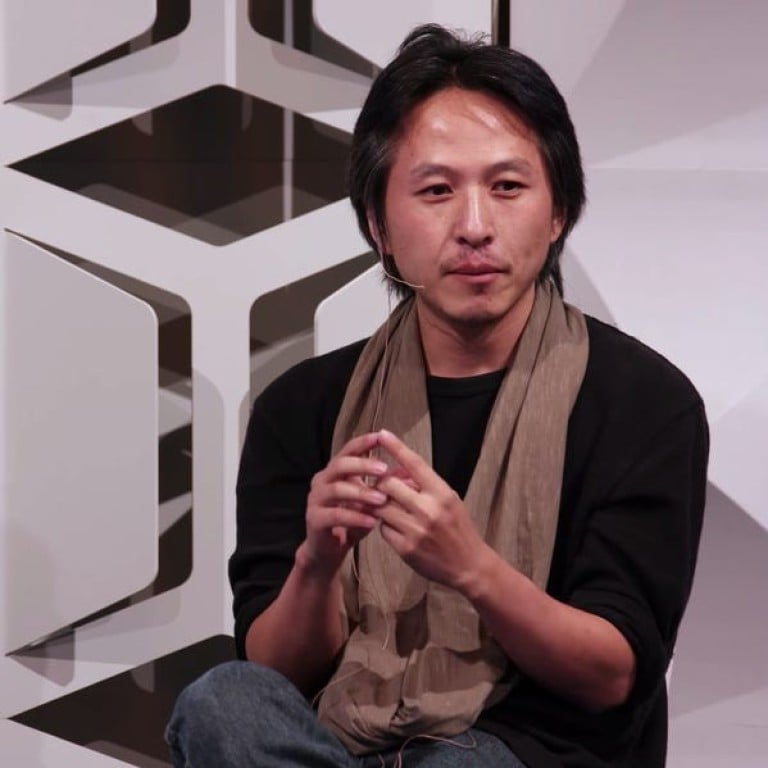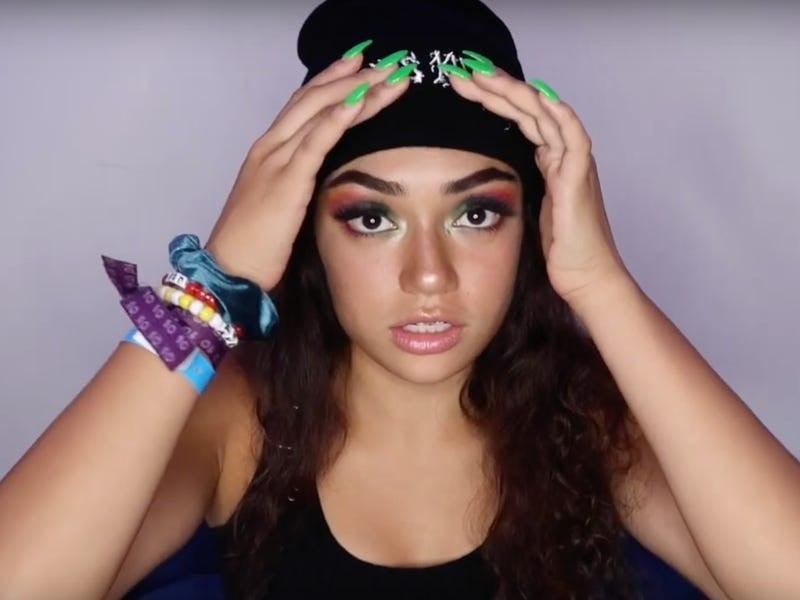Who is TikTok chief Alex Zhu, new head of Gen Z’s favourite video sharing app – and should US regulators really fear Chinese government censorship?

Alex Zhu may be known for a kooky streak, but the Chinese co-founder of Musical.ly has now taken the top job at TikTok – the video sharing app beloved by Gen Z but feared by US regulators
Alex Zhu is a relatively secretive figure, and largely stays out of the media. In a recent profile in The New York Times, the 40-year-old Zhu was described as having “a little artsy oddness”. Zhu himself refers to himself on LinkedIn as a “designtrepreneur” – and lists his work location as Mars.

Zhu grew up in Anhui, a landlocked province in eastern China that stretches across two river basins.
Zhu then attended Zhejiang University, one of the most prestigious institutions in China. He studied civil engineering, and graduated with a bachelor's degree in 2000.
By 2002, Zhu was hired to run the product design team at WebEx, a videoconferencing software maker later acquired by Cisco. Zhu left WebEx in 2004 to work at the German software company SAP in Shanghai.

Zhu found his way to the US by 2010, working out of SAP's Bay Area office. He took a special interest in education while there, and came up with the idea to develop an app for hosting short-form education videos.
Throughout 2013, Zhu and Luyu Yang – co-founders and long-time friends – spent six months building the educational app, called Cicada, and raised US$250,000. “It was doomed to be a failure,” Zhu later said. “The day we released this application to the market, we realised it was never going to take off.”
With only 8 per cent of their money remaining, Zhu was determined to brainstorm a new idea instead of returning the funding to investors. As the team scrambled, Zhu took a brief gig at Microsoft driving its “mobile disruption” initiatives in the summer of 2014.







